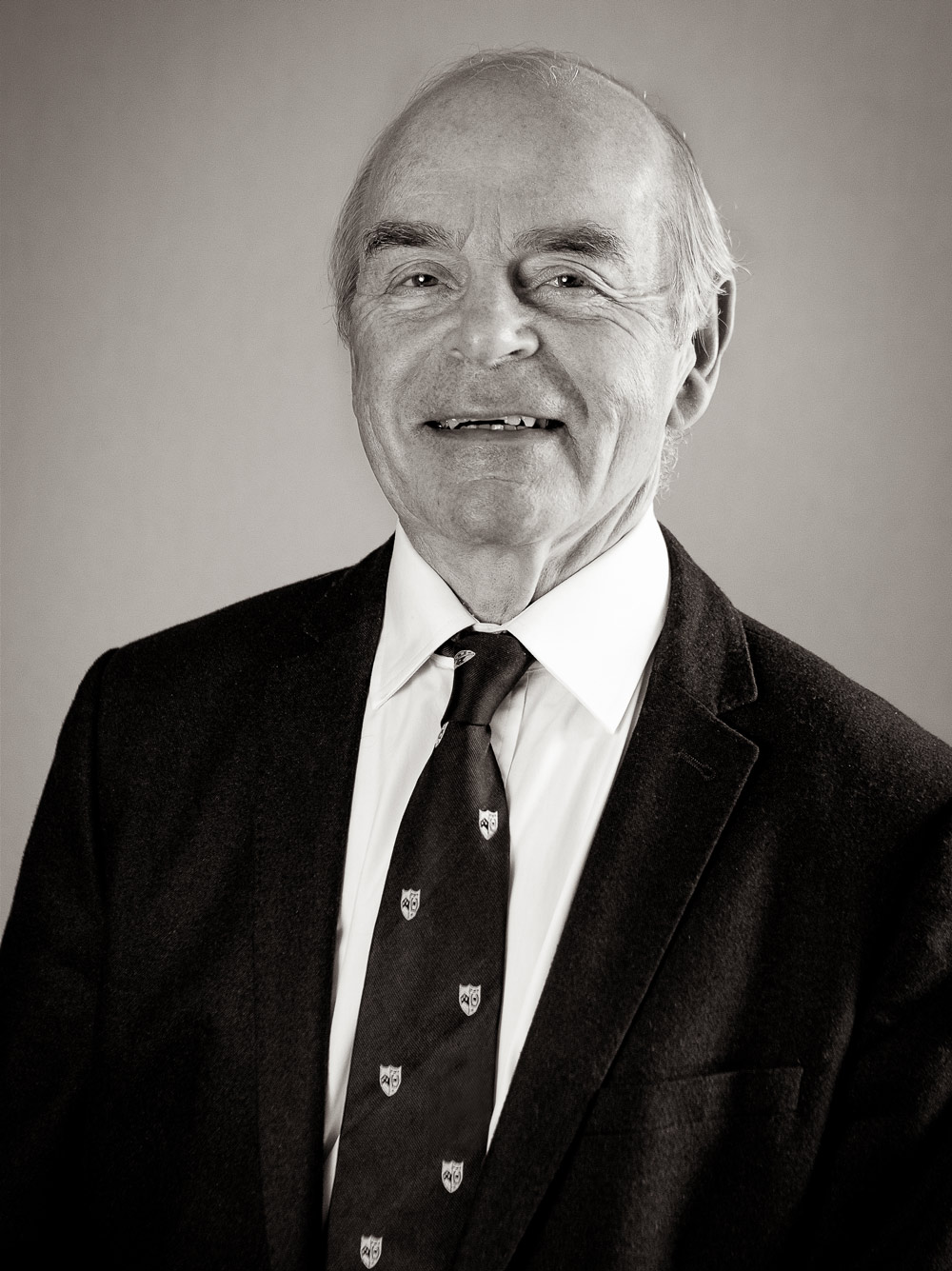I have had a regular invitation as a visiting professor to the Sindh Institute of Urology and Transplantation (SIUT) in Karachi, Pakistan. Established and led for more than five decades by the charismatic Professor Adib Rizvi, I found there the very best example of how teaching and learning are mutually dependent. Having established with colleagues at SIUT a new way to treat kidney stones in children, a very common problem in Pakistan, I was able to introduce the technique in the UK, at Great Ormond Street Hospital.
I continue to teach, and I have enjoyed may opportunities to do so. The art of teaching is not one that is taught at medical school. I was fortunate enough to have an extensive course on teaching methods and I incorporate this learning in both my written and oral presentations.
My focus in teaching is to disseminate what I have learned throughout my career. I now concentrate on helping younger urologists to understand how to design a research study, how to write a scientific paper and how to make a presentation. I offer teaching to doctors of all specialties on how to avoid litigation. I also give presentations to lay audiences on men’s health and mediation.
As a medical expert witness, I have widened my scope of teaching. I include, for the benefit other experts, topics such as how to respond to bullying from instructing solicitors and the legal and ethical dilemmas in relation to ‘The Short Report’. Litigation in medicine is dominated by lawyers. There are some aspects that they do not include in the teaching that they provide. There needs to be an awareness amongst both experts and lawyers that these gaps deserve to be explored and discussed.


